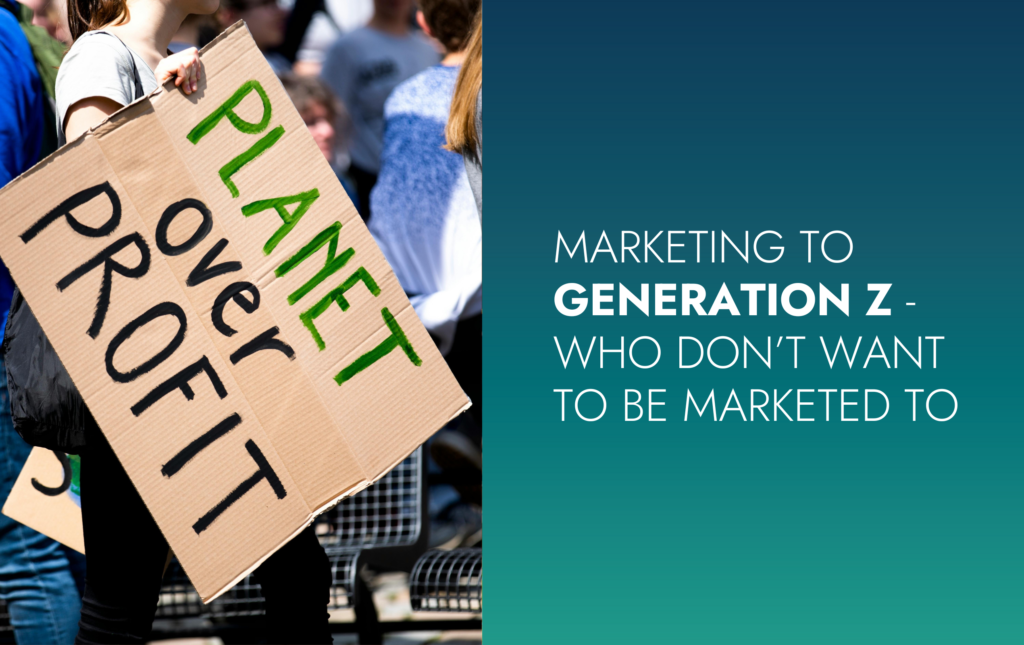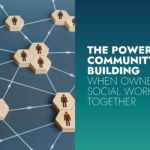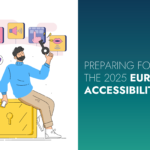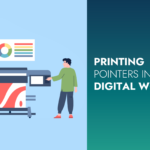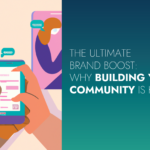Understanding your target audience is the cornerstone of successful marketing. By identifying their unique characteristics, preferences, and behaviours, brands can craft strategies that resonate on a deeper level. This approach is especially crucial when marketing to Generation Z, a group that has grown up in a digital world and demands authenticity, personalisation, and social responsibility from the brands they support. Engaging Gen Z means meeting them where they are—on platforms like TikTok and Instagram—and speaking their language through memes, influencer collaborations, and purpose-driven campaigns. In this article, we delve into how companies like Nike, Wendy’s, and Patagonia are effectively connecting with Gen Z by aligning their marketing strategies with the values and interests of this influential generation. Discover how understanding your audience can transform your marketing efforts and ensure relevance in today’s fast-paced digital landscape.
Marketing to Generation Z, those born between the late 1990s and early 2010s, is a fascinating yet complex challenge for brands. Unlike previous generations, Gen Z grew up in a fully digital world, which profoundly influences how they interact with brands. Traditional marketing methods often fall short with these digital natives, as their preferences and behaviours require marketers to rethink their strategies. Let’s explore some of the key ways to engage this influential group of consumers.
The Digital-First Mindset
Generation Z lives online, making digital-first marketing an absolute necessity. While older generations might still engage with TV or print media, Gen Z primarily interacts through social media, streaming platforms, and other online communities.
Companies like Nike and Coca-Cola have successfully adopted digital-first strategies to reach this audience. For instance, Coca-Cola has been leveraging platforms like TikTok and Instagram to engage with Gen Z through interactive and entertaining content. Coca-Cola’s collaboration with TikTok exemplifies how they use trending challenges to connect with young audiences.
Harnessing the Power of Memes
Memes are more than just funny pictures for Gen Z; they are a form of communication that resonates deeply with this audience. Brands like Wendy’s have mastered the art of using memes to engage Gen Z on social media. Wendy’s Twitter account is famous for its witty and humorous posts, creating a connection with young audiences by using language and humor that feel authentic and relatable. Wendy’s witty Twitter interactions have become a case study in meme marketing, demonstrating how brands can participate in online culture to increase engagement.
Another excellent example is Grind Coffee, known for its ironic and environmentally conscious campaigns. Grind Coffee cleverly combines humor and sustainability in their marketing, appealing to Gen Z’s appreciation for brands that don’t take themselves too seriously. By using memes and witty content, Grind Coffee has built a strong brand presence, showing that marketing can be both fun and impactful. Their eco-friendly campaigns have garnered significant attention, demonstrating that understanding and engaging with Gen Z’s values can drive brand affinity and loyalty.
This approach is a perfect example of how Gen Z appreciates marketing that doesn’t take itself too seriously. They are drawn to brands that show a sense of humor and self-awareness, understanding that Gen Z won’t be easily swayed by traditional marketing tactics. This approach not only drives brand affinity but also positions the brand as “cool” and in touch with its audience. Wendy’s and Grind Coffee’s strategies show that when marketing aligns with Gen Z’s values and humor, it can create a strong bond without relying solely on driving immediate results.
Authenticity and Transparency
Gen Z values authenticity and is quick to spot insincerity. They are skeptical of overly produced content and prefer brands that present themselves as genuine and transparent. Companies like Glossier have built their success on this principle, using real customer stories and minimalist marketing to create a sense of authenticity. By being honest and showing the human side of a brand, companies can build trust and loyalty with Gen Z. Glossier’s marketing strategy highlights how they foster authenticity through community-driven content.
Social Responsibility Matters
Social and environmental issues are incredibly important to Gen Z. They expect brands to take a stand and contribute positively to society.
Patagonia is a great example of a brand that has successfully connected with Gen Z through its commitment to environmental sustainability. In a bold move, Patagonia’s founder donated the company to fight climate change, demonstrating their values and resonating with Gen Z consumers who prioritise social responsibility. You can read more about Patagonia’s environmental initiatives and how they have built a strong relationship with this demographic.
Engaging Through Influencers
Influencer marketing is a powerful way to reach Gen Z, but it’s not just about partnering with celebrities. Micro-influencers, with smaller but highly engaged followings, can be particularly effective. Brands like Daniel Wellington have leveraged influencer partnerships to grow their reach, collaborating with individuals who align with their values and have a genuine connection with their audience. This approach ensures that endorsements feel authentic, enhancing credibility and reach. For more insights, check out Daniel Wellington’s influencer strategy.
Creating Interactive and Personalised Experiences
Gen Z consumers crave personalised and interactive experiences. They want content that speaks directly to them, rather than one-size-fits-all messages. Brands like Spotify excel in this area, offering personalised playlists and year-in-review features that create a unique experience for each user. By focusing on personalisation, brands can make each interaction with Gen Z feel special and relevant. You can see more about Spotify’s personalised marketing efforts.
Marketing to Generation Z requires a shift from traditional methods to strategies that prioritise digital engagement, authenticity, and social responsibility. By embracing meme culture, fostering genuine connections, demonstrating a commitment to social issues, leveraging influencer partnerships, and creating personalised experiences, brands can effectively engage with this dynamic and influential generation. As Gen Z continues to shape the future of consumer behaviour, understanding their preferences and values will be essential for any successful marketing strategy.
Looking to build engagement with a specific audience? We’re experts in content strategy, and would love to chat! hello@zahramediagroup.com

